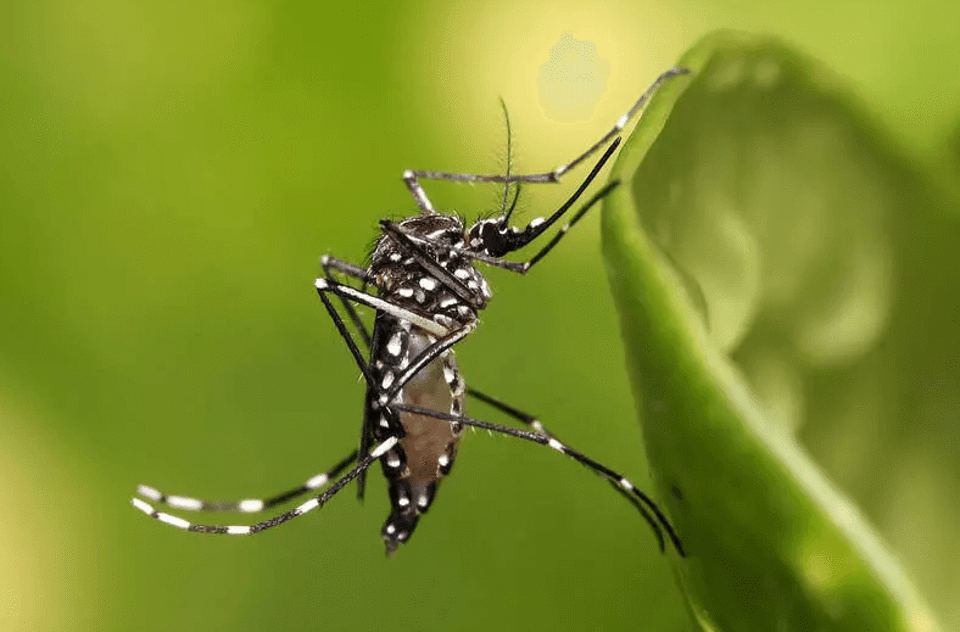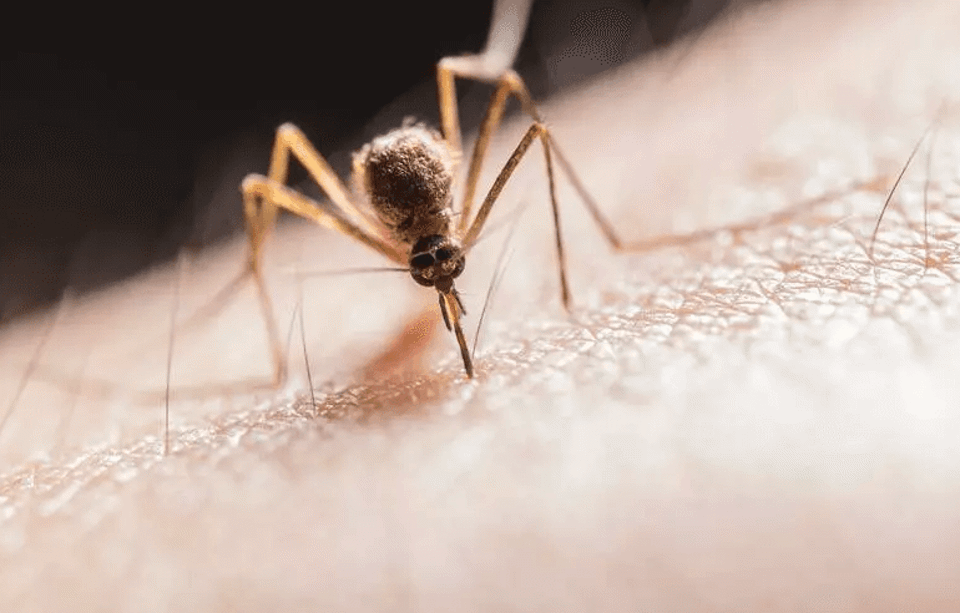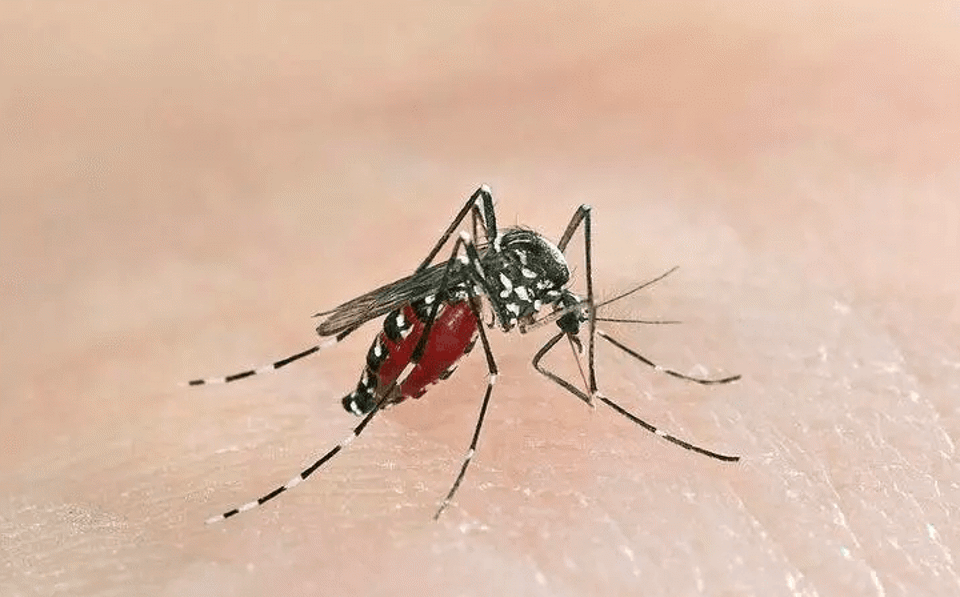With the arrival of warmer months, mosquitos start becoming active again, coming out of their diapause state. There is an increased risk of contracting diseases from these blood-sucking insects with this increased activity.
The nuisance of mosquito bites is irritating enough, but when combined with the diseases they can transmit, they become a serious health hazard. While most of us can co-exist with these tiny flying insects, they can pose a severe health threat. The U.S. Centers for Disease Control and Prevention (CDC) reports that mosquitoes are the leading cause of insect-borne diseases globally.
Many different types of mosquitos cause various diseases to other animals. Still, for humans, there are only three significant diseases that mosquitos carry: West Nile, Malaria, and Zika. Therefore, the arrival of mosquitos is a good time to talk about these diseases, how they are spread, and how to avoid them.
Let’s continue..
So what do you need to know about mosquitoes and Mosquito-Borne Diseases? This blog will look at what you need to know about mosquitoes, their habits, and the diseases they carry.
Why are Mosquitoes Becoming More Active in the Spring?
Mosquitoes are becoming more active in the spring because of weather changes that happen during this time. The warmer temperatures and longer days allow these insects to reach their adult stage, typically in March and April, when the food is available.
They don’t typically bite during the winter months because they are in a diapause state. This means that mosquitoes enter a dormant state to conserve energy. And so as the temperature begins to rise, mosquitos start becoming active again and going back into the blood-sucking stage of life.
Mosquitoes also become more active in the spring because they try to find a mate. Female mosquitos need to feed on blood before laying the eggs, which requires them to bite host animals. Because male mosquitos do not need blood, they usually don’t feed on host animals, meaning female mosquitoes are forced to seek out other food sources.
During this time, the risk of mosquito-borne disease increases as mosquitoes start biting more people. This is why we need to understand how to avoid mosquito bites and treat mosquito-borne diseases when they are present.
Which Mosquitoes Do I Need to Avoid?
Mosquitoes are a nuisance, and they also carry diseases that can be detrimental to the health of humans, animals, and plants. One of the most common ways mosquitoes transmits disease is via the female mosquito’s blood-sucking proboscis. The female mosquito will take a blood meal, which is the only way to produce eggs, and transfer any disease she carries in her gut to the bitten person.
These diseases include the West Nile virus, Chikungunya, Zika, Dengue fever, Yellow Fever, and malaria. In addition, some mosquitoes are more effective vectors of disease than others.
The most common mosquitoes that carry diseases are Aedes and Anopheles, but other types such as Culex, Coquillettidia, and Ochlerotatus also carry diseases.
How Serious Are Mosquito-Borne Diseases?
Mosquito-borne diseases are a serious threat. West Nile, Malaria, and Zika all can be fatal and are concerning for those who don’t know how to protect themselves from these diseases.
The West Nile Virus

West Nile virus is spread by infected mosquitoes and causes flu-like symptoms such as fever, sore throat, headache, chills, muscle aches and pains, nausea, vomiting and rash.
The “flu” component of this disease can cause problems for people who are elderly or have other chronic conditions like asthma. Unfortunately, there is no vaccine for this disease; however, contracting the West Nile Virus can be prevented by avoiding mosquito bites.
West Nile virus (WNV) has been recorded in 47 states in the U.S., and it can be transmitted through mosquitoes that bite birds or animals. It can also be transmitted from person to person by direct contact with infected blood, body fluids, tissue, or organs through the mouth or eyes.
Malaria

Malaria is spread by infected mosquitoes biting an infected human or animal. It usually starts with a fever but can develop severe complications such as seizures, coma, and death if not treated promptly with antimalarial drugs.
There are no vaccines for malaria either; however, preventive treatments, including antimalarials, prevent the disease from developing or progressing.
Of the three mosquito-borne diseases, Malaria has the most significant impact on humans. It is responsible for approximately 230,000 deaths every year and is a leading cause of death in many areas of Africa and Asia.
The Zika Virus

Zika is transmitted by mosquitoes and can cause neurological problems in infants if they’re infected during pregnancy or have been infected before birth. The disease also causes baby microcephaly – an abnormally small head size that occurs only in babies born to women who have Zika during pregnancy.
The Zika virus has been present in Puerto Rico since at least 1947 and had not caused a significant outbreak until 2007 when there was an outbreak of Zika fever in French Polynesia. Since then, outbreaks have occurred in South America and other Pacific Island countries such as Fiji and American Samoa.
The CDC reports that Zika virus infection causes mild illnesses in most people. Still, severe complications, including Guillain-Barré syndrome (GBS), which affects muscle coordination and impaired vision, are possible if pregnant women are infected with the virus during their first trimester of pregnancy. However, these cases are rarer than malaria and WNV infections combined.
How Do Mosquitoes Spread These Diseases?
Mosquitoes spread West Nile, Malaria, and Zika by biting infected hosts. They also carry other diseases, but only these three are significant for humans. These diseases are transmitted by the female mosquito who needs a blood meal to lay her eggs.
These pests take blood from their host via their proboscis and transmit it to the eggs they lay in a water source. The female mosquito bites its host to obtain the blood meal, lays the eggs in a container or a puddle of water, and dies afterward. The mosquito can transmit disease to its host without actually taking any blood if there is water nearby where it will lay its eggs.
It’s important to understand that mosquitos don’t feed on just blood but also liquids like sweat and saliva. So diseases can enter a human’s body via a bite or when mosquitos land on your skin and then drink it through their mouthparts.
How Do I Protect Myself From Diseases Brought About By Mosquitoes?
The best way to avoid contracting a mosquito-borne disease is to reduce your risk of exposure by taking preventative measures. These measures include wearing clothing covering most of your body, using insect repellent, and staying indoors during peak mosquito hours.
Make sure you’re using an insect repellent with DEET (N, N-diethyl-m-toluamide), picaridin, or IR3535.
Other ways to further reduce your chances of contracting a disease from mosquitoes include reducing your time outdoors and practicing good hygiene habits. This includes washing your hands before and after you eat, helping eliminate opportunities for mosquitos to bite you. It’s also important to reduce clutter near your home or business so that mosquitos have less places to hide in the first place.
If you become infected with a mosquito-borne disease, it’s not too late to take precautions and protect yourself from future infections. If you know anyone who has contracted a mosquito-borne illness, encourage them to seek medical attention if they haven’t already done so because treatment can help stop the spread of the infection and lower their chances for re-infection.
The CDC offers a variety of tips on how to protect yourself from mosquito-borne diseases. Check out the CDC’s website for more information on preventing mosquito-borne diseases.
A Final Word on Mosquitoes and Mosquito-Borne Diseases
Mosquitoes are usually active from June through September but start coming out in the springtime. Mosquitos are generally attracted to people as they seek a host to reproduce. When mosquitoes are around, they often land on your body, specifically your face and hands.
In the U.S., the most dangerous diseases carried by mosquitoes are malaria, West Nile virus, and Zika virus, so it’s vital to use an insect repellent that has DEET or picaridin in it.
If you need professional help in clearing an area of these pesky mosquitoes, give the Rocklin Pest Control team a call at (916) 884-6114. Our pest control experts are available to help you keep your home or commercial establishment pest-free!





